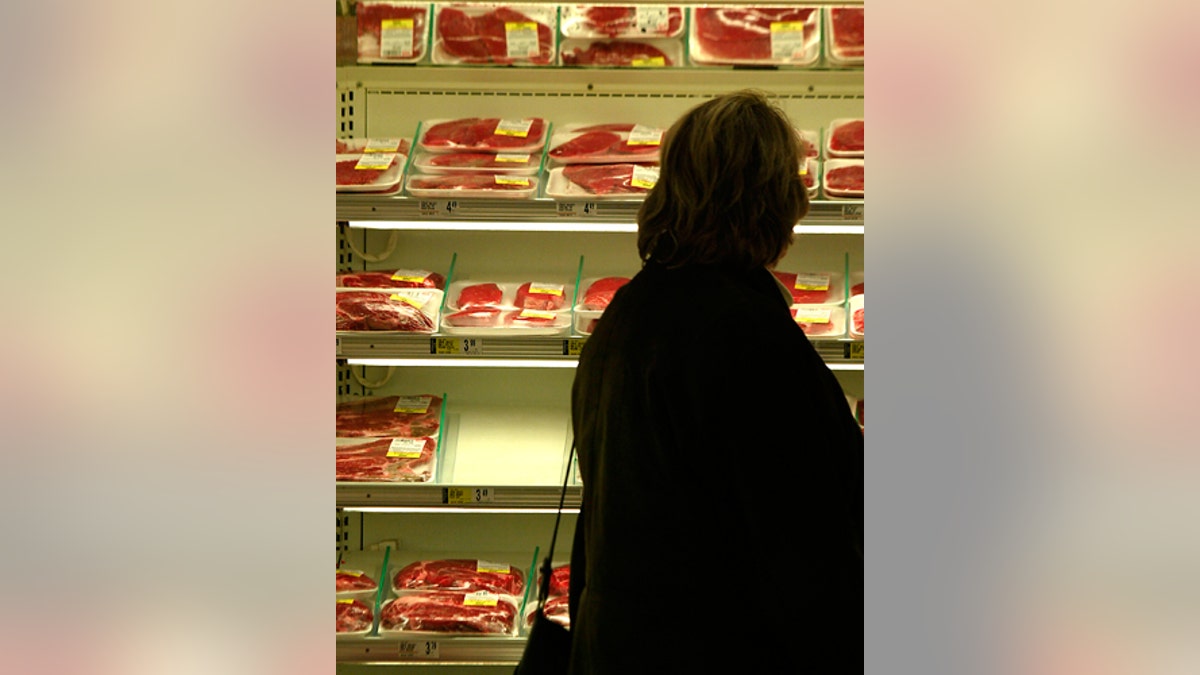
(Reuters)
Japan grappled with a fresh radiation scare Tuesday, as authorities found that beef contaminated with radioactive cesium had been shipped to shops and restaurants throughout the country.
The beef, from six cattle raised on a farm near the stricken Fukushima Daiichi nuclear plant, registered radioactive-cesium levels up to seven times that permitted by Japanese food-safety standards. Some of the meat had already likely been eaten, government officials said.
Experts said the level was too low to create health problems in people who ate just one or two servings. But the discovery dominated local news and TV shows, reminding Japanese consumers that they will be living with the threat of radiation for a long time to come—and highlighting holes in the way Japan is testing cattle for radioactive exposure.
The beef scare, coming after reports of radiation contamination in food had largely died down, reignited worries that the damaged Fukushima reactors could be poisoning staples from water to produce to fish. A month ago Japanese testers found higher-than-permitted levels of radioactive material in tea leaves that grew more than 200 miles from the nuclear plant—a sign contamination had spread farther than previously thought.
That contaminated beef had gotten into the food supply shocked the public. The scramble to locate the meat started Saturday, when the Tokyo government said it had found elevated radioactive-cesium levels in meat from other cattle raised on the same farm in Minamisoma, around 18 miles north of the Fukushima Daiichi plant. The six cattle—which had all passed external radiation tests—had been shipped earlier to Tokyo butchers, who had gone on to sell the meat to wholesalers and retail shops in eight prefectures, or states, and metropolitan areas.
Some of the meat is still unaccounted for, but some appears already to have been bought by consumers, said a spokeswoman from the Tokyo metropolitan government's food-monitoring division. The impact on beef sales is so far unclear.
Radioactive cesium emits gamma rays, which can damage cellular DNA and raise the risk of cancer. The levels found in the beef, though, would become a health concern only if a person ate large quantities every day for a year, said Shizuko Kakinuma, a researcher at Japan's National Institute of Radiological Sciences who sits on an independent committee investigating the Fukushima Daiichi accident. "With a Japanese diet, that's unlikely," she said in an interview with The Wall Street Journal. One or two meals wouldn't have much effect.
Still, the government ought to increase its testing of cattle for radiation contamination to at least one animal from each herd, said Ms. Kakinuma, as it is possible to lower the amount of radioactive cesium in contaminated animals to safe levels.
"It would be better not to rush them to the butcher," said Ms. Kakinuma.
Officials in Fukushima said the prefecture had performed external tests on all cattle raised in zones near the nuclear plant where radiation levels have been high. The cattle whose meat proved contaminated had cleared those tests, said Yutaka Kashima, an official in the prefecture's animal husbandry section.
